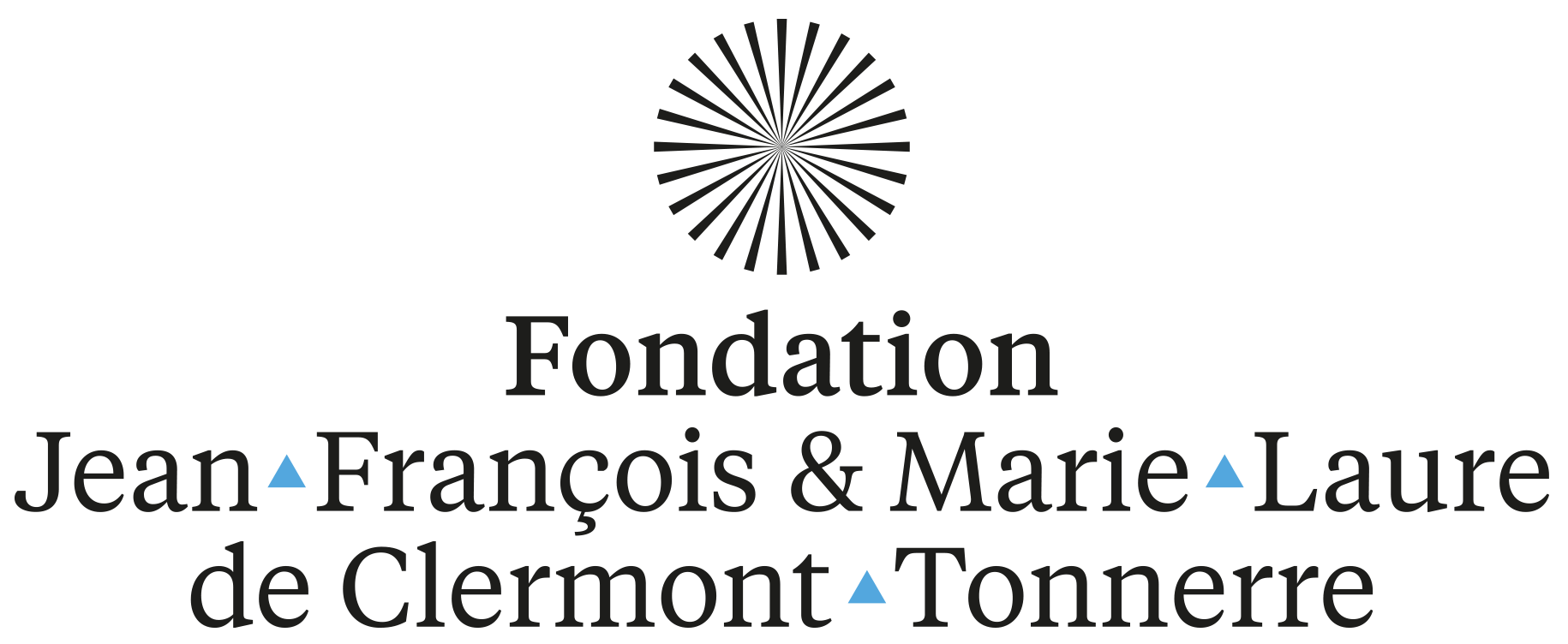Collège de France Annual Chair: Biodiversity and Ecosystems
The Foundation signed a sponsorship agreement of €100,000 per year with the Collège de France in 2020 to support the creation of the annual Biodiversity and Ecosystems Chair for an initial period of three years.
The main objective of the Chair is to promote the research and teaching of leading French and foreign specialists in biodiversity and ecosystems who, through their work and action, highlight the challenges we currently face. The teaching provided at the Chair will ensure that these issues are widely disseminated to the academic world, decision-makers and the general public, and will allow the invitation of a leading personality, renewed each year.
The teaching will comprise of an opening lesson and a series of eight free courses open to all, according to the tradition of the College, followed by seminars and an international conference.
In 2020-2021, the chair was held by Chris Bowler, director of the plant and algal genomics laboratory at the Institut de biologie de l’École normale supérieure in Paris, for a teaching session on biodiversity and ecosystems through time and space.
In 2021 – 2022, the Biodiversity and Ecosystems Chair will be held by Tatiana Giraud, Director of Research at the CNRS, Professor at the École Polytechnique, Deputy Director of the Ecology, Systematics and Evolution Laboratory, a member of the French Academy of Sciences and winner of numerous scientific awards (Research Prize of the French Society of Ecology and Evolution, Scientific Grand Prize of the Louis D. – Institut de France, silver medal and bronze medal of the CNRS).
The creation of this annual chair is, according to Prof. Thomas Römer, administrator of the Collège de France, “the mark of the Collège de France’s commitment to one of the most urgent questions of our time, which is of great concern to the younger generations, and for which it is necessary that the voices of exceptional researchers be heard in the public debate. The Collège de France did not have a chair dedicated to ecology and biodiversity. The creation of this annual chair, made possible by the generous support of the Jean-François and Marie-Laure de Clermont-Tonnerre Foundation, fills this gap and will give a prominent voice to the work of the researchers invited each year to occupy it.”
Chris Bowler
Chris Bowler is research director at the CNRS and director of the plant and algae genomics laboratory at the Institute of Biology of the École normale supérieure in Paris. He obtained his doctorate at Ghent University in Belgium, followed by postdoctoral studies at Rockefeller University in New York.
In 1994 he established his own laboratory working on signaling in higher plants and marine diatoms at the Stazione Zoologicade Naples, Italy, and in 2002 he took up his current role in Paris. He has been a member of EMBO since 1995, received the CNRS silver medal in 2010, the ERC Advanced Awards in 2012 and 2018 and the Louis D. Foundation prize from the Institut de France in 2015.
In 2018, Chris was elected member of the French Academy of Agriculture. The primary focus of his research is the understanding of the response of marine plants and diatoms to environmental signals, through functional and comparative genomics. He is one of the scientific coordinators of the Tara Ocean project aimed at exploring the biodiversity, ecology and evolution of plankton in the world’s oceans.
Tatiana Giraud
Tatiana Giraud is a research director at the CNRS, a member of the Academy of Sciences, a lecturer at the École Polytechnique, assistant director of the Ecology and Systematic Evolution unit (Paris-Saclay University, CNRS, AgroParisTech), CNRS silver and bronze medals, Research prize of the French Society of Ecology and Evolution, prize of the Fondation Louis D Institut de France, responsible for 3 ERC projects and 174 publications in scientific journals.
She studies the diversity of fungi and plants, and the evolutionary mechanisms that allow organisms to evolve, diversify, and adapt to their environment. These are fundamental questions for understanding the living world and this research has applications in trying to prevent the consequences of current global changes. Her work has led to a better understanding of how new plant diseases emerge in natural and agricultural ecosystems.
Tatiana Giraud uses different species of fungi and domesticated plants as biological models to understand the response of organisms to strong selection pressures for rapid adaptation. She has studied the adaptation mechanisms of mushrooms used for cheese maturation. Her work on domesticated species has also revealed the sequence of genetic events that gave rise to the cultivated apple tree, involving hybridization with wild apple trees.
Collège de France
Collège de France was founded in 1530 and is a higher education and research establishment in France. It is located in Paris, in the 5th arrondissement, or Latin Quarter, across the street from the historical campus of La Sorbonne.
The Collège is considered to be France’s most prestigious research establishment. As of 2017, 21 Nobel Prize winners and 8 Fields Medalists have been affiliated with the Collège. It does not grant degrees. Each professor is required to give lectures where attendance is free and open to anyone. Professors, about 50 in number, are chosen by the professors themselves, from a variety of disciplines, in both science and the humanities.
